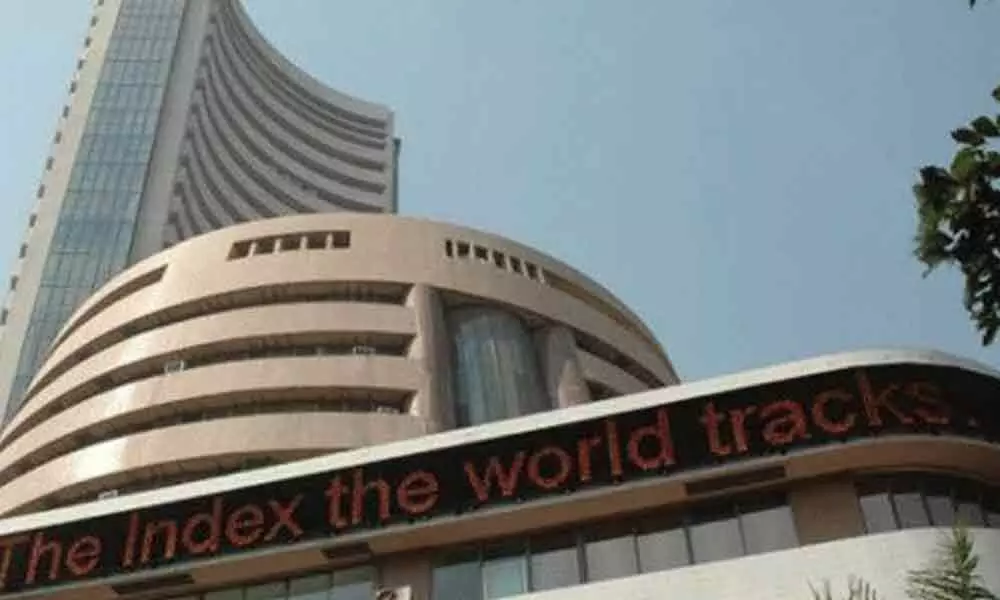Live
- Golf: Diksha moves into Top-20 at South African Women’s Open
- KCR lashes out against BJP and Congress for destroying Telangana
- Dairy Science students visited the Milk cooling plant
- Moody feels Pant ahead in keepers’ race for T20 WC squad; Srikkanth picks Rahul over Samson as reserve keeper
- Thanking voters for extending 'unparalleled support' to NDA, PM Modi says second phase 'too good'
- Natural Relief for Menstrual Cramps: Beetroot Juice Recipe
- Asha Worker died in a road accident
- Akshaya Tritiya 2024 Auspicious Hindu Festival on May 10th
- Celebrating World Veterinary Day 2024: Safeguarding Your Pet’s Vision with Expert Tips
- NSG joins CBI in searching residence of Sheikh Shahjahan’s relative









